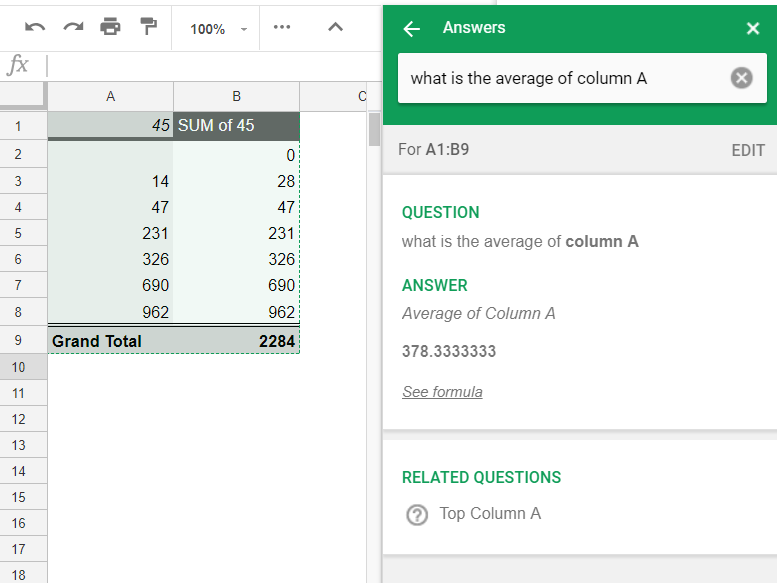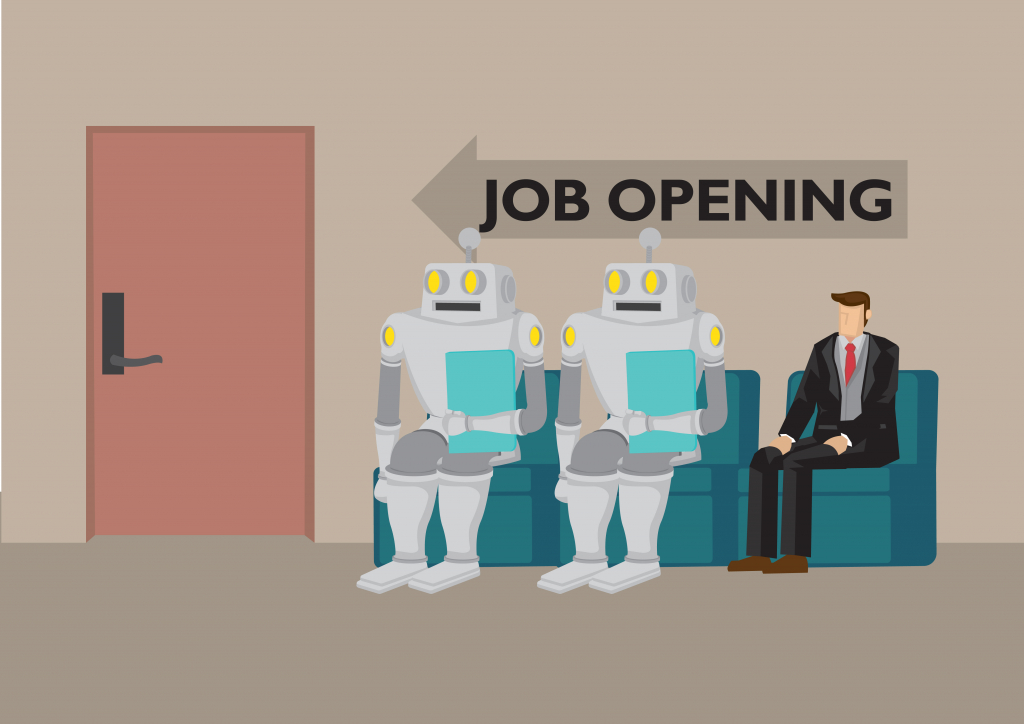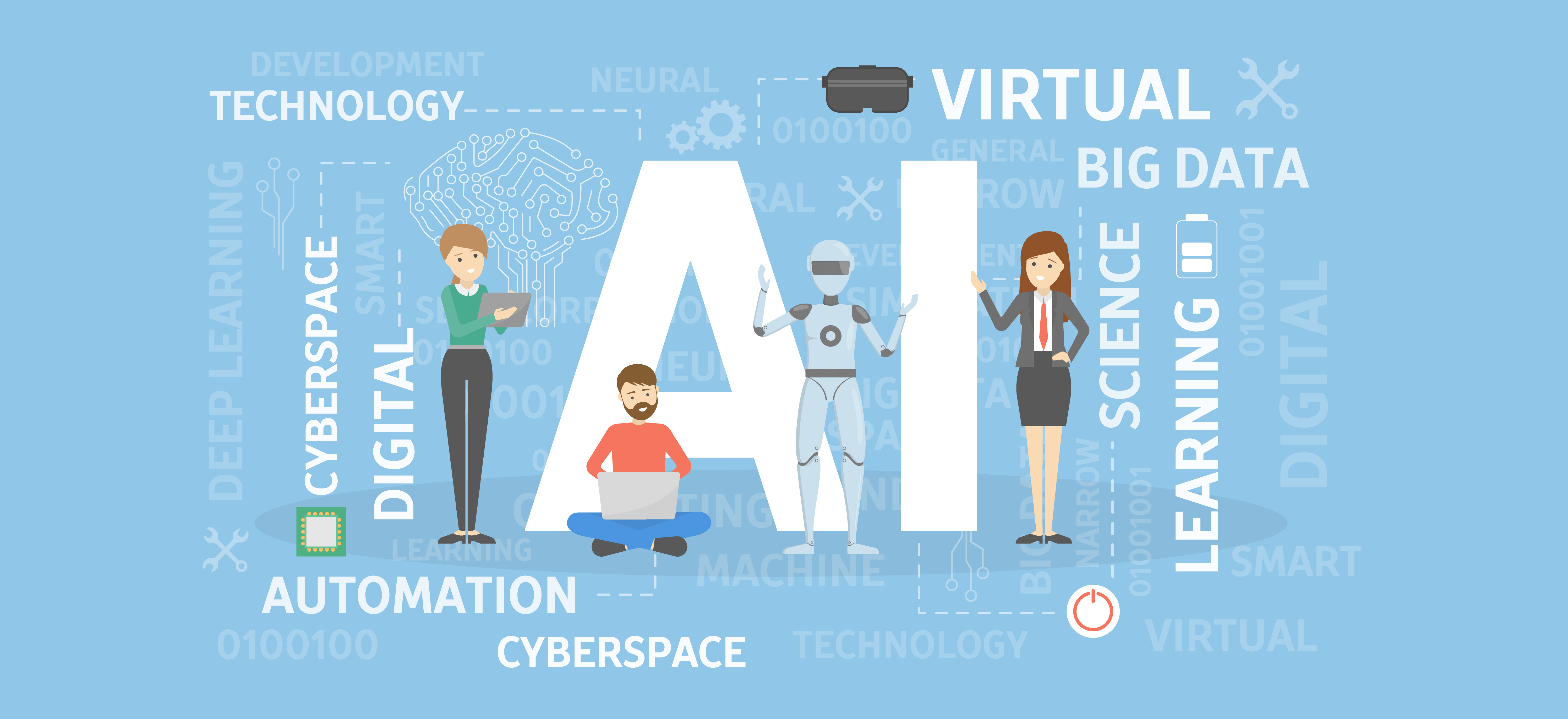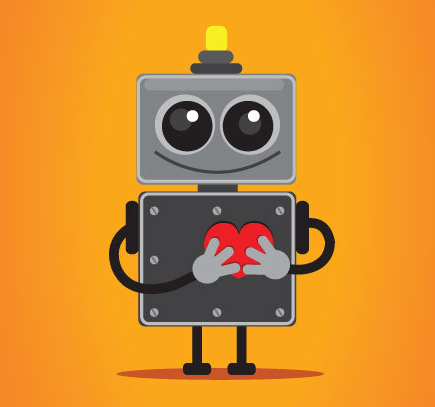Artificial intelligence has stepped from the science fiction movies into the real world long ago. We no longer see AI as an anthropoid robot capable of human thinking and behavior. Today, AI talks to us through chatbots, lurks within smart devices, and drives whole computer networks where massive calculations are performed within seconds.
However, is AI as powerful as we tend to believe? Let’s look at what it can do right now and what we can expect from it in the nearest future.
What is AI and what is its current status?
John McCarthy, the father of artificial intelligence, who used the terms for the first time ever, defined it as “science and engineering of making intelligent machines.” He made this definition back in 1956, however, it still seems one of the broadest and most precise terms describing AI.
What does it take to make a machine truly “intelligent”? The science of AI, in fact, involves a dozen of separate fields, including psychology, linguistics, neuroscience, economics and, of course, the computer science per se. Simply put, a machine is learning from great amounts of data that is fed to it. Data can be either labeled which creates certain mappings and patterns, or unlabeled, in which case the machine identifies the patterns on its own. Afterwards, the machine becomes capable of making decisions and predictions on the basis of the previous experience.
While AI is still far from becoming smarter than humans, there are already multiple use cases where the AI technology is effectively used. Right now, we order pizza and book flights with service bots that are, in fact, based on artificial intelligence. These are just the simplest cases that come to mind, however, the list is, in fact, much longer:
- Voice assistants, such as Amazon Alexa or Google Assistant
- Intelligent chatbots assisting users of e-commerce applications, making preliminary diagnoses in medical apps, and doing HR interviews
- Smart devices, from watches and thermostats to self-driving cars
- Delivery drones taking orders to customers
That’s not all, of course. Recently, Google implemented AI algorithms in its Google Sheets. Artificial intelligence can suggest formulas on the basis of the entered values and answer free-format questions:

Another prospective sector where AI can show its true power is fintech where AI does the financial market analytics and generates investment strategies. We have researched the ways AI can influence the finance market, and you can read more about it in our blog.
AI future
However, despite the advantages of artificial intelligence and a number of successful practical implementations, there are still rather heated debates about the artificial intelligence future prospects. Many experts express their opinions on the possible ways AI can change our lives, and not all these prospects are optimistic.

Will AI leave people unemployed?
One of the greatest concerns people have about AI is that it is going to take over the jobs that humans used to do, thus causing people to lose jobs. While artificial intelligence, indeed, has already taken over certain tasks, it is not likely to increase unemployment for a number of reasons.
First, we have witnessed the “technology revolutions” on more than one occasion. The core purpose of any technology is to automate tasks and relieve the humans from hard work. This is the way of the technological progress, and AI is just one of its manifestations. While artificial intelligence, as any advanced technology, has indeed started squeezing people out of certain jobs, it is creating new jobs at the same time. AI is created and maintained by humans, thus, there is an increasing need of professional programmers, engineers, machine learning experts, linguists, and many other related positions.
Second, AI is taking over the low-skill tasks that people are not too willing to do. First-line support, order processing, warehouse sorting, store assistance – it may be even difficult to find people for these jobs. The work is relatively hard and routine, while the compensation is low. These are perfect cases for artificial intelligence, as it will do the job accurately and cost-effectively, while humans can take over some more sophisticated tasks.
Third, AI can be used for the tasks that pose health hazards for humans. Think of coal mines, for example. Robotic mining can provide us with enough coal with no danger to people. Other applications also exist, for example, self-driving cars.
Can AI dominate humans?
This scary scenario comes up quite often when artificial intelligence future is discussed. Such opinion leaders as Elon Musk and the late Stephen Hawking warned the humanity of the dangers of AI evolution. Musk’s concerns are about the appearance of a super-intelligence capable of exceeding the humans. That super-AI can eventually get out of control and may be destructive for the humanity.
Stephen Hawking warned against AI development before its nature and capabilities are fully studied and analyzed. He believed that such powerful technology should evolve under the strict control of its creators.
However, such fears seem to be unfounded, as all artificial intelligence networks are created and, what is especially important, taught by humans. They remain under the control of their creators and only do the tasks that are assigned to them. Moreover, tests show that artificial intelligence is still too far from even coming close to the human thinking abilities. For example, Google AI was found to be no smarter than a six-year-old kid.

Artificial intelligence future uses
As we can see, the fears and concerns associated with AI are nothing to be worried about. Rather, let’s see how the outstanding computing abilities of AI can be of service to us, as this is the primary goal it was ever created.
AI in healthcare
Healthcare is the industry that is experimenting with all sorts of the available technology and is paying close attention to artificial intelligence. AI is used in diagnostics and medical trials. Hundreds of different drugs are being tested with tons of data coming in as the result. Processing this data manually can take years and delay the mass production of a successful medicine.
Here, the analytical capabilities of AI come in handy, as it can process the trial data quickly and accurately. This approach is used, for example, by Berg, a biopharma company working on treatments for cancer and Alzheimer’s disease, among others.
In the diagnostics area, AI can also help doctors find precise, personalized treatments for each patient by studying the patient’s medical data. The IBM Watson Oncology platform uses AI in selecting the most optimal treatments for patients.
AI in logistics
Another industry that recognized the AI possibilities is logistics. Logistics is heavily dependent on planning and forecasting, and here the AI can help it tremendously. Instead of reactive operations based on the current situation, AI can change logistics processes to proactive.
By analyzing the historical data, AI can predict future increases in demand, and help logistic companies to plan their resources more effectively.
DHL, a global transportation corporation, is exploring the possibilities of AI in automating its processes. DHL is combining the AI advantages with those of the Internet-of-Things technology, thus leveraging their unparalleled data collection and processing capabilities.
AI in finance
When talking about the artificial intelligence future possibilities, we simply cannot ignore the financial sector. The financial industry has always been depending on data and the speed of its receipt and processing. With the crypto economy joining the game, the speed has become even more critical, as in the crypto area, everything is much faster.
These challenges called for the creation of a new branch of industry – the fintech. As you can see from the name, it uses the advanced technology innovations in the area of finance. AI raises the data processing to a totally new level allowing to respond to any market trends and fluctuations promptly and effectively. It can quickly analyze the information coming in from various sources, in different languages, and related to seemingly unconnected events – and see the trends that can be hidden from the human eyes.
Some fintech applications also add the blockchain technology to the mixture, getting a totally innovational solution for quick hassle-free crypto trading. AI algorithms analyzing the current and historical data of the crypto market generate the investment strategies aimed at the maximum profit with the minimum risk. You can see how this solution is working on the example of the WiseWolf Fund effectively using the advantages of blockchain and the benefits of artificial intelligence.
 AI is a friend, not a foe
AI is a friend, not a foe
While we should not ignore the reserved and conservative opinions on the AI, it has nothing to be afraid of. The global science and engineering are working on making AI a faithful servant, a genie in the bottle that is at our command. At the moment, AI is gradually entering different spheres of our life under the strict control of its creators.
The future of artificial intelligence is in making its excellent capabilities work for our benefit in different spheres, sometimes, quite unexpected. When it merges with other technologies, it can create truly powerful products and services making our lives easier. We believe that AI fusion with blockchain holds the most promising opportunities, and closely follow any news from that sector. We also apply AI algorithms in our blockchain solutions to augment the power of both technologies.
If you wish to follow the latest technology news, subscribe to our blog. Here, we discuss the hottest trends in the blockchain, AI, Internet-of-Things and other related areas. If you have a specific hi-tech project in mind, contact us to discuss its implementation, we will be happy to work with you!
